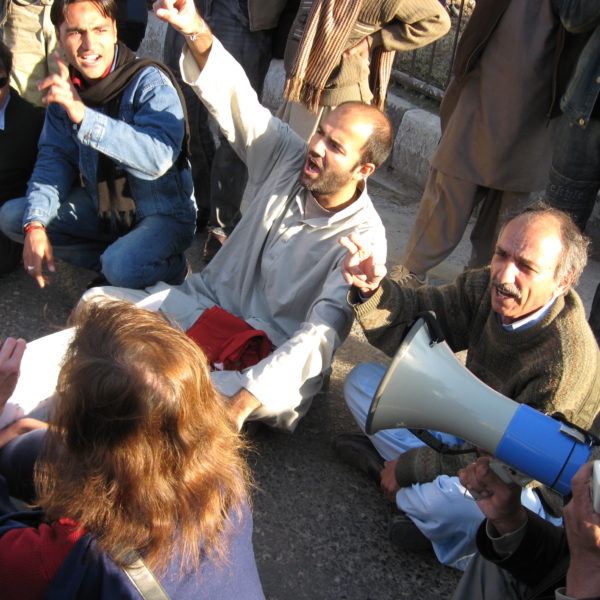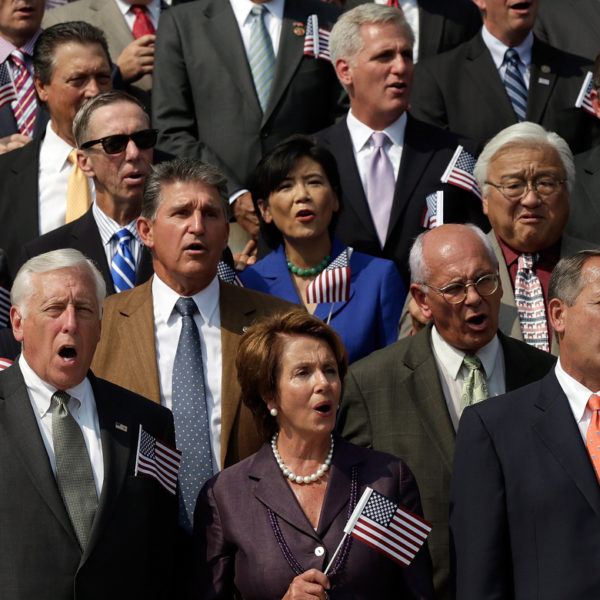By Tazim R. Kassam
In this case, the “covering up” is the absence of reference to Islam/Muslims. The silence is a form of erasure of their experience in the historical narrative post-9/11. Both are processes that hide Islam, in one case through distortion in the other disinterest.
Amidst today’s solemn gatherings, plaintive recollections, and lachrymose tributes which will honor the thousands murdered on 9/11, we should also pause and contemplate the cost of American “justice.”
The attacks of September 11, 2001 on the World Trade Centers and Pentagon threw the debates over the definition of “religion” into a stir. Though religion was obviously a central factor in the events of 9/11, overly phenomenological and essentialist construals of religion were suddenly and starkly at a loss in making sense of how and why.
Political Theology 12.5 (2011) is a special issue entitled ‘Ten Years After 9/11’, in which twenty-two contributors from across the religious spectrum take stock of the events of September 11, 2001 and their aftermath. Perspectives are offered from theologians, specialists in the study of religion, historians, philosophers, ethicists, anthropologists and political scientists. A number of the contributors are active in the area of interreligious dialogue and interfaith relations. Some are grassroots activists.


